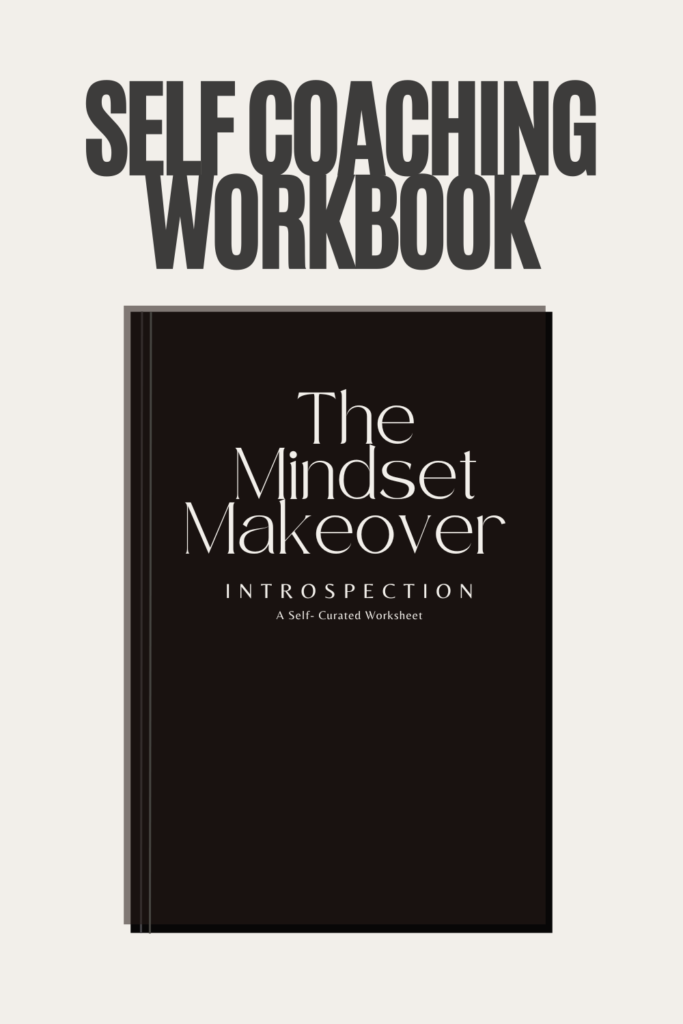Introduction
Self-care and Self-management are critical components of a fulfilling, healthy, and happy life. In today’s fast-paced world, it can be easy to get caught up in the demands of daily life and neglect our own well-being. However, taking the time to care for yourself and manage your own life can lead to greater happiness, success, and overall satisfaction.
Table of Contents
Understanding Self-Care
Self-care is all about taking care of your own physical, emotional, and mental health. It encompasses a range of activities, from simple self-care routines like taking a relaxing bath to more complex activities like therapy or meditation.
Why it is Important to Manage and Care for the Self
Caring for yourself is essential for overall well-being and can lead to greater happiness, success, and satisfaction in life. Here are some reasons why self-care is important:
- Prevents burnout: By taking care of your physical, emotional, and mental health, you can prevent burnout and maintain a healthy work-life balance.
- Increases productivity: When you are feeling your best, you are more productive and able to accomplish more in your personal and professional life.
- Improves relationships: When you are well-cared for, you are better able to be present and engage in meaningful relationships with others.
- Promotes happiness: Taking care of yourself and engaging in activities that bring you joy can lead to greater happiness and overall life satisfaction.
The 7 Kinds of Self-Care
Self-care is more than just a few activities, it’s a holistic approach to taking care of your overall well-being, these include.
- Physical self-care: Activities that promote physical health, such as exercise, sleep, and a healthy diet.
- Emotional self-care: Activities that promote emotional well-being, such as therapy, journaling, and spending time with loved ones.
- Mental self-care: Activities that promote mental clarity and reduce stress, such as meditation, mindfulness, and time in nature.
- Spiritual self-care: Activities that promote a connection to a higher power or sense of purpose, such as prayer, yoga, and volunteering.
- Creative self-care: Activities that promote creativity, such as painting, writing, or playing music.
- Professional self-care: Activities that promote career satisfaction and success, such as networking, learning new skills, and taking breaks from work.
- Social self-care: Activities that promote healthy relationships and connection with others, such as volunteering, spending time with loved ones, and making new friends.
Common types of self-care activities include:
- Exercise
- Relaxation and stress management techniques
- Eating a healthy diet
- Getting enough sleep
- Spending time with loved ones

The 3 Rules of Self-Care
There are three simple rules to follow to ensure you are taking care of yourself effectively:
- Make self-care a priority: Self-care should be a top priority in your life, as important as work, relationships, and other responsibilities.
- Engage in activities that bring you joy: Choose self-care activities that bring you happiness and fulfill you, rather than those that feel like a chore.
- Be consistent: Incorporating self-care into your daily routine and making it a habit can help you see the greatest benefits.
Managing Yourself
Managing Stress
Stress is a normal part of life, but chronic stress can have negative effects on your health and well-being. To manage stress, consider the following tips:
- Identify the source of stress: Understanding what is causing stress in your life can help you find ways to manage it.
- Practice relaxation techniques: Deep breathing, meditation, and yoga can help reduce stress and promote relaxation.
- Exercise regularly: Physical activity can help reduce stress and improve physical and mental health.
- Limit caffeine and sugar: Caffeine and sugar can increase stress levels, so limit your consumption to promote relaxation.
- Connect with others: Spending time with loved ones or participating in social activities can help reduce stress and improve your overall well-being.
Setting Boundaries
Setting boundaries is an important part of self-care. By setting boundaries, you can protect your time, energy, and well-being. Here are some tips for setting boundaries:
- Identify your needs: Consider what you need to feel fulfilled and healthy in your personal and professional life.
- Communicate your needs: Share your needs with others, whether it’s your boss, coworkers, or family and friends, so they understand what you need from them.
- Learn to say no: Don’t be afraid to say no to activities, responsibilities, or relationships that are not in your best interest.
- Practice self-care: Engage in self-care activities that protect your well-being and promote self-compassion.
Taking Responsibility for Your Health
Ultimately, taking care of your health is your responsibility, and there are steps you can take to ensure you are making your health a priority:
- Eat a nutritious diet: A balanced and nutritious diet is essential for good health.
- Get regular exercise: Physical activity can help improve your physical and mental health, reduce stress, and increase happiness.
- Get enough sleep: Aim to get 7-9 hours of sleep each night to help your body and mind function at their best.
- Avoid harmful substances: Limit or avoid the use of harmful substances such as alcohol, tobacco, and drugs to improve your health and well-being.
- Seek medical attention when necessary: If you are experiencing physical or mental health concerns, seek medical attention to ensure you are getting the care you need.
Love yourself enough to know that prioritizing yourself up on your to-do list could lead to better health and a better overall quality of life.
When you take the time to relax and de-stress you not only improve your mood, brain function, and memory. It will also shift your mindset into knowing that you deserve better, this in turn will help you make better decisions.
Creating a Self-Care Plan
A self-care plan is a personalized strategy for taking care of your well-being. To create a self-care plan, consider the following steps:
- Assess your current well-being: Consider your physical, emotional, and mental health and identify any areas that need improvement.
- Determine your self-care goals: Consider what you want to achieve through self-care, such as reducing stress, improving relationships, or increasing happiness.
- Choose self-care activities: Based on your goals, choose self-care activities that will help you achieve them.
- Incorporate self-care into your routine: Make self-care a regular part of your routine, scheduling it into your daily or weekly schedule.
- Evaluate and adjust your plan: Regularly evaluate your self-care plan and make adjustments as needed to ensure you are seeing the desired results.
Conclusion
Managing and caring for yourself is essential for your overall well-being. By incorporating self-care into your daily routine, setting boundaries, taking responsibility for your health, and engaging in activities that bring you joy – you can improve your physical, emotional, and mental health.
By following the Rules of self-care, you can ensure you are taking care of yourself in the best way possible.
Here are some further readings I think you’ll find useful:

















12 comments
Rebekka
Great article! Self care is so important.
Lani
Hi Rebekka,
I’m glad you enjoyed this post. I hope you got some tips to add to your self-care routine.
Fransic verso
I’m trying to look for my health nowadays as it’s not the best. These are great things to focus on and do. Thank you for sharing!
Lani
Hi Fransic,
Health is Wealth. Self-care is a must! I hope you got some tips to add to your routines.
Valery
I love how you broke down the different types of self care, because I think we can all use a little of each type in our lives! I feel so much better when I’m incorporating multiple types of self care. Thanks for sharing!
Lani
Hi Valery,
Indeed there are different types of self-care and knowing them makes taking care of all aspects of your life much easier.
Liz
This is very helpful information! I’ve definitely been neglecting some self care aspects. I never thought of them in categories.
Lani
Hi Liz,
Glad you enjoyed this post. I Hope those self-care tips workout for you.
nia
Self-care is so valuable, and I really agree that a good sleep plan is a must. Thanks for sharing!
Lani
Hi Nia,
Indeed good sleep is everything!
Fern
Professional self care, what a concept! I like that you included that in your post. Thanks for sharing such great tips.
Lani
Hi Fern,
Thanks for your comment. I’m glad you got something out of this post. Hope it works for you.